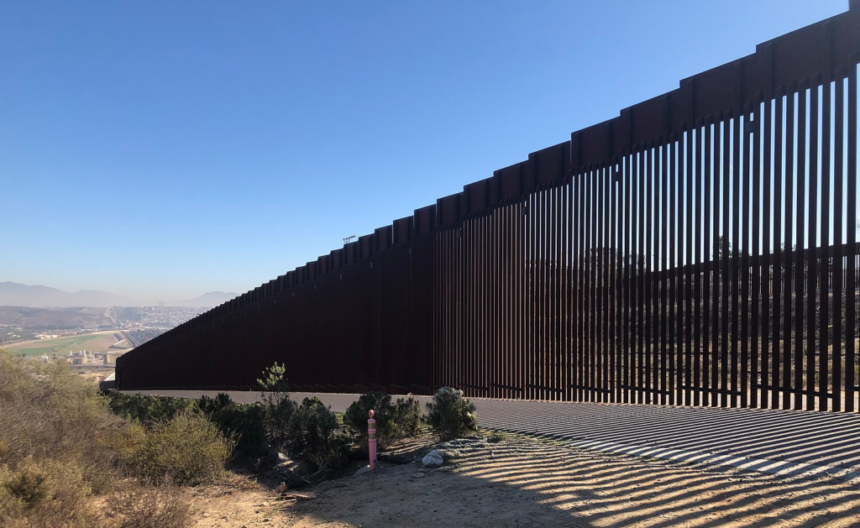What is the relationship between immigration and the business cycle? Before answering that question, let’s look at some evidence. Statista:

(Although this graph shows arrests and deportations, this data is widely believed to be highly correlated with the success of illegal immigrants.)
Data on illegal immigration shows a somewhat cyclical pattern. Arrests rose throughout the 1990s, peaking in 2000. Arrests fell during the subsequent recession, but rose again during the housing boom of 2004-2006. A sharp decline followed the 2008 financial crisis, followed by many years of high employment. Immigration rose during the 2019 boom and fell during the 2020 Covid recession. Immigration was especially high around 2022, when there was a labor shortage and a surge in wages for low-skilled workers.
So the pattern seems pretty clear: good economic conditions attract more immigrants. Economy —> Immigration. Case closed?
Not at all. I believe causality actually goes both ways. Policy-driven immigration changes can also influence business cycle determinations. In a previous post, I suggested that the 2006 crackdown on illegal immigration may have contributed to the housing market downturn that followed. (To be clear, monetary tightening was the main cause of the 2008-09 recession.) It seems likely that policy changes also influenced immigration rates under the Trump and Biden administrations. Catherine Rampell Let me provide more detailed data:

Rumpel’s Link Another Tweet This suggests that the recent decline in illegal immigration is due to policy changes in the United States and Mexico.

With baby boomers retiring and birth rates falling, we expected the number of prime-age workers to plateau in the 2020s. Not surprisingly, that didn’t happen. There’s a growing belief that the surge in wage-earning employment over the past three-plus years is due to immigration, much of it illegal. (As an aside, many illegal immigrants are now applying for asylum and are able to work for the several years it takes for their applications to be processed, so they’re not necessarily working in the underground economy.)
If I’m right that immigration has been driving recent economic growth, then the sharp decline in immigration over the past few months could be a sign of an economic slowdown. Could that be why financial markets seem increasingly worried about the risk of a recession? We don’t know, but it’s something to think about.







